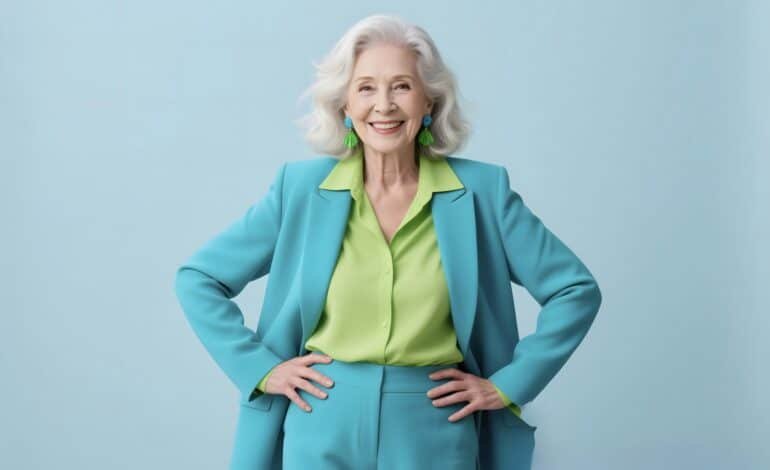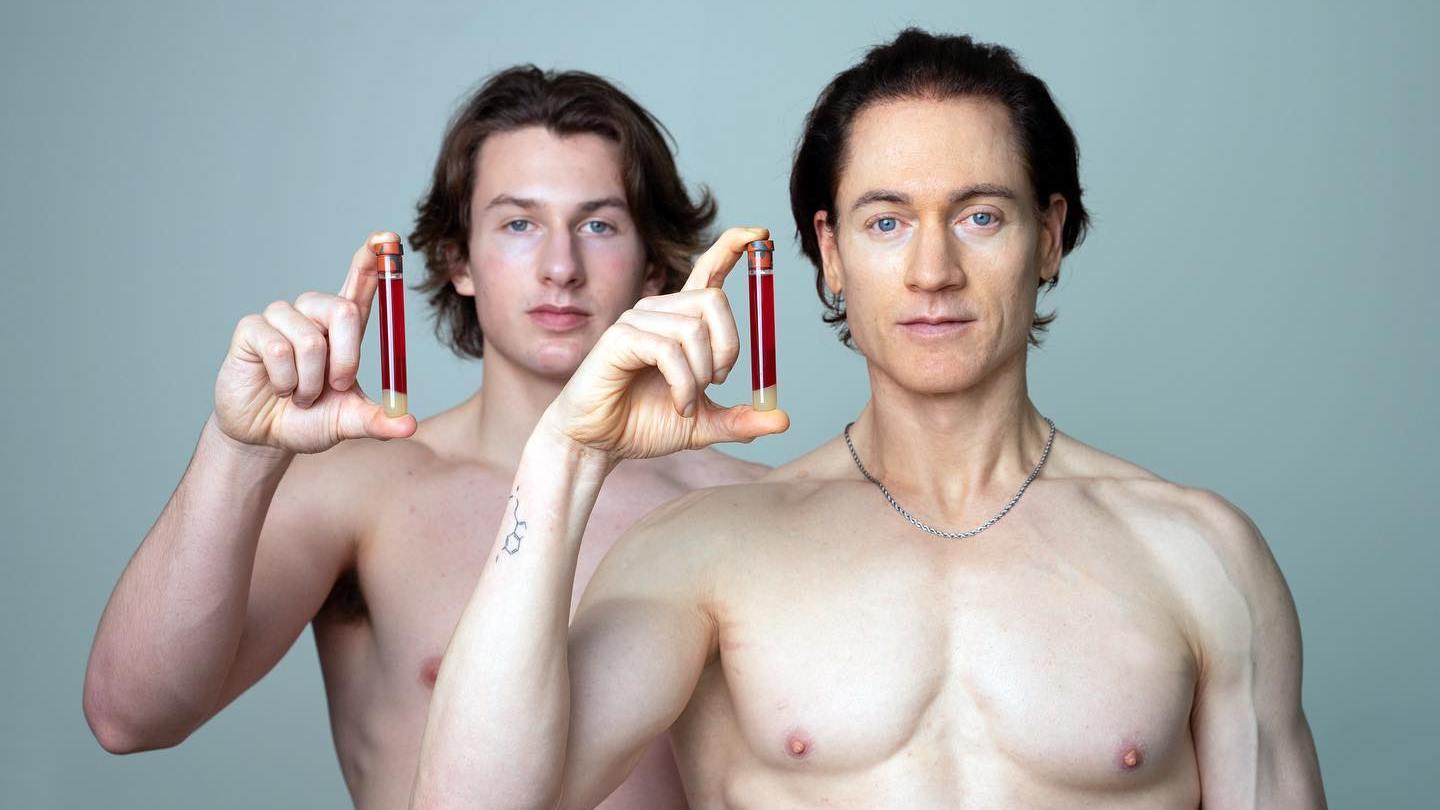Are Longevity Clinics Just for Older People? Here’s What You Didn’t Know
By Gloria Lancer – Ravoke.com The phrase “longevity clinic” often conjures up images of silver-haired seniors looking to roll back the clock. But a growing movement is challenging this outdated

By Gloria Lancer – Ravoke.com
The phrase “longevity clinic” often conjures up images of silver-haired seniors looking to roll back the clock. But a growing movement is challenging this outdated stereotype—and fast.
Longevity clinics are no longer just for the elderly. In fact, people in their 30s, 40s, and even 20s are now seeking cutting-edge health strategies once reserved for the aging elite.
Why? Because the best time to preserve health isn’t after it starts declining — it’s before.
What Is a Longevity Clinic, Exactly?
A longevity clinic—also known as an age management or preventative medicine clinic — is a specialized facility focused on optimizing lifespan and healthspan (how long you live well).
These clinics often offer:
- Full-body diagnostic screenings
- Genetic and epigenetic testing
- Hormonal evaluations
- Biological age testing
- Customized fitness, nutrition, and supplement plans
- Advanced therapies like IV infusions, peptide treatments, and regenerative medicine
Their ultimate goal is not just to add years to your life, but to add life to your years.
Who Are These Clinics Really For?
Not just older adults.
While longevity clinics were once associated with anti-aging treatments for people over 60, today’s reality is very different. Here’s a breakdown of who’s going—and why:
1. Young Professionals (20s–30s)
This group is turning to longevity clinics for:
- Stress and burnout recovery
- Performance optimization
- Fertility and hormone support
- Early disease detection
- Preventative care not offered in traditional medicine
2. Mid-Life Adults (40s–50s)
Many clients in this age group visit to:
- Balance declining hormone levels
- Prevent age-related diseases (heart disease, diabetes, cognitive decline)
- Optimize physical and mental performance
- Reverse biological aging markers
3. Seniors (60+)
Older adults still make up a significant portion of longevity clinic patients, especially for:
- Managing chronic illnesses
- Slowing neurodegeneration
- Improving mobility, memory, and quality of life
- Exploring non-invasive regenerative therapies

Why Younger People Are Getting Serious About Longevity
The longevity movement has shifted from anti-aging to pro-health optimization. Here’s why younger generations are taking notice:
– Prevention is More Powerful Than Treatment
By detecting and addressing subtle health issues early, younger clients can avoid major medical problems down the road.
– Personalized Medicine Is Finally Accessible
Advances in DNA testing, wearable health trackers, and AI-driven diagnostics mean you can now tailor your health plan to your exact biology.
– Chronic Disease Is Starting Earlier
Modern lifestyles have led to a rise in early-onset conditions like high blood pressure, insulin resistance, and anxiety — issues that longevity clinics aim to reverse.
– Wellness Culture Is Evolving
Longevity is becoming part of a larger wellness narrative — one that includes sleep science, biohacking, nutrition tracking, and mental performance.
What Services Do Longevity Clinics Offer?
Longevity clinics blend cutting-edge science with holistic health approaches. Typical offerings include:
- Hormone optimization (testosterone, estrogen, thyroid, growth hormone)
- Metabolic and nutritional profiling
- Peptide therapies to support tissue repair and immune health
- IV nutrient infusions for energy, detox, and hydration
- Genetic risk screening for cancer, Alzheimer’s, cardiovascular disease
- Cognitive and brain performance enhancement programs
- Lifestyle coaching including sleep, fitness, and stress reduction
Some clinics even provide biological age testing, which compares your actual age to how old your body really functions based on cellular and molecular markers.
Are Longevity Clinics Worth It If You’re Under 50?
If you believe health care should be proactive rather than reactive—the answer is yes.
The benefits of starting early include:
- Catching silent health risks before they become disease
- Maximizing brain and physical performance
- Preventing muscle loss, inflammation, and metabolic slow-down
- Extending quality of life—not just quantity
Most importantly, it’s easier to preserve good health than to regain it after it’s lost.
My Thoughts: Longevity Clinics Are for Everyone
The idea that longevity clinics are only for aging adults is outdated and limiting. In reality, these clinics are part of a much broader movement toward proactive, preventative, and personalized health care—regardless of age. Whether you’re trying to boost your energy in your 30s, stay sharp in your 40s, or remain active into your 70s, longevity medicine is no longer just about adding years to life—it’s about adding life to your years.








